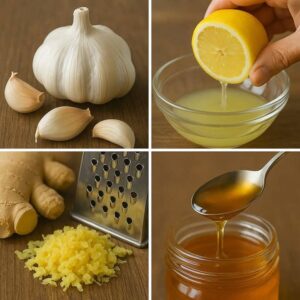and Oils
Introduction
The world of oils is vast and varied, encompassing everything from culinary delights to essential aromatherapy and industrial applications. Understanding the different types of oils, their properties, and their uses is crucial for making informed decisions for your health, home, and lifestyle. This article explores the diverse realm of “and oils,” delving into key categories and their benefits.
Main Sections
Edible Oils: A Culinary Cornerstone
Edible oils are a staple in kitchens worldwide, contributing flavor, texture, and essential fatty acids to our diets. Selecting the right oil for your cooking needs depends on its smoke point and flavor profile.
- Olive Oil: Known for its heart-healthy monounsaturated fats and distinct flavor. Extra virgin olive oil is best for drizzling and low-heat cooking, while refined olive oil can withstand higher temperatures.
- Coconut Oil: Rich in saturated fats and often used in baking and stir-fries. It has a distinctive coconut flavor and a high smoke point.
- Avocado Oil: A neutral-flavored oil with a high smoke point, making it ideal for frying, roasting, and grilling.
- Vegetable Oil: A generic term often referring to a blend of different oils, typically refined and neutral in flavor, suitable for all-purpose cooking.
- Canola Oil: Another neutral-flavored oil with a high smoke point, often used in baking and frying. It is relatively inexpensive and readily available.
Essential Oils: Harnessing Nature’s Power
Essential oils are concentrated plant extracts that capture the essence of their source material. They are widely used in aromatherapy for their therapeutic properties.
Benefits of Essential Oils:
- Lavender Oil: Promotes relaxation and sleep.
- Peppermint Oil: Can help with headaches and nausea.
- Tea Tree Oil: Possesses antiseptic and anti-inflammatory properties.
- Eucalyptus Oil: Helps to clear congestion and soothe respiratory issues.
- Lemon Oil: Uplifting and invigorating, often used for cleaning and disinfecting.
Important Note: Always dilute essential oils with a carrier oil (like jojoba or almond oil) before applying them to the skin. Consult with a qualified aromatherapist for proper usage guidelines.
Industrial Oils: Fueling the Machine
Industrial oils play a vital role in various sectors, providing lubrication, cooling, and power transmission.
- Lubricating Oils: Reduce friction and wear in machinery.
- Hydraulic Oils: Used in hydraulic systems to transmit power.
- Transformer Oils: Insulate and cool electrical transformers.
- Cutting Oils: Used in machining operations to cool and lubricate tools.
Hair Oils: For Lustrous Locks
Hair oils can significantly improve the health and appearance of your hair, adding shine, reducing frizz, and promoting growth. Popular choices include:
- Argan Oil: Rich in antioxidants and fatty acids, moisturizing and protecting hair.
- Coconut Oil: Penetrates the hair shaft to reduce protein loss and add shine.
- Jojoba Oil: Mimics the scalp’s natural sebum, balancing oil production.
Conclusion
From the kitchen to the spa and beyond, “and oils” play a crucial role in our daily lives. Understanding the diverse applications and properties of different oils empowers us to make informed choices that benefit our health, well-being, and the smooth functioning of our world.














Post Comment